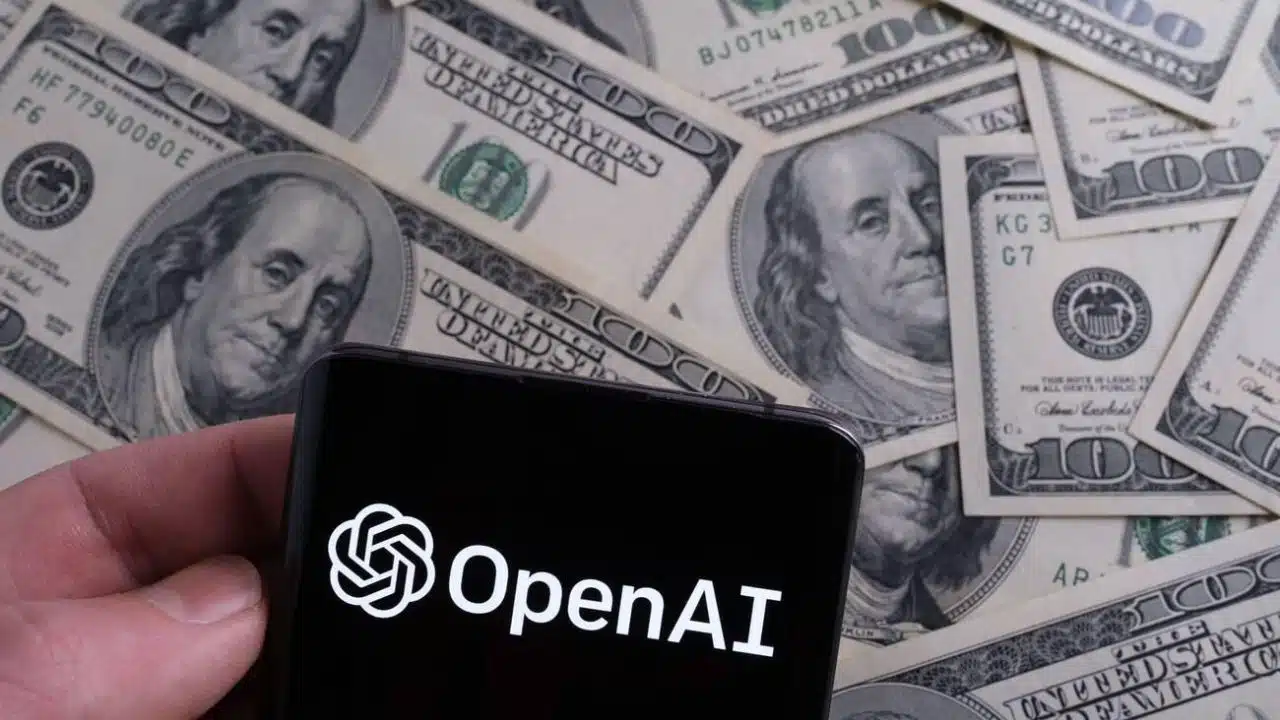In a historic development for the tech world, OpenAI has raised $6.6 billion in the largest venture capital (VC) round ever.
The funding, announced on Wednesday, values the AI research company at a staggering $157 billion, marking a significant milestone in both artificial intelligence and venture capital history.
A Shift Toward a For-Profit Future
OpenAI, originally established as a non-profit organization, has begun transitioning toward a for-profit structure. This change has attracted high levels of investment, but it also comes with expectations.
Investors will have the option to request their money back if OpenAI does not fully implement this shift within the next two years. This move represents a strategic transformation for the company, as it aims to balance ethical AI development with commercial ambitions.
Who’s Behind the Investment?
Joshua Kushner’s Thrive Capital led the recent funding round, which included a number of significant investors. Some of the prominent participants are:
- Microsoft
- Nvidia
- SoftBank
- Khosla Ventures
- Altimeter Capital
- Fidelity
- Tiger Global
- MGX
However, Apple, which was reportedly in talks with OpenAI, did not participate in the round.
Elon Musk’s artificial intelligence company, xAI, raised $6 billion earlier this year; this $6.6 billion round has broken records.
The Bigger Picture: A Shift in Focus
OpenAI’s move from a nonprofit research lab to a more product-focused entity has triggered significant changes internally. While the shift has attracted substantial investment, it has also resulted in an exodus of some key employees.
Just last week, CTO Mira Murati and two top researchers resigned, reportedly due to internal disagreements over the company’s direction.
These departures are believed to stem from ongoing tension between OpenAI’s product development teams and its safety teams, with debates centering on the balance between speed and safety in AI development.
The internal clash over the pace of AI advancement has become more pronounced over the past 10 months, following the temporary ousting and eventual rehiring of OpenAI CEO, Sam Altman.
Some industry experts suggest that this organizational divide is a reflection of the broader challenges in balancing innovation with responsible AI deployment.
OpenAI Responds to Concerns
Despite the internal challenges, OpenAI remains committed to advancing its work while maintaining a focus on safety. In response to questions about prioritizing profit over ethics, the company has reiterated its stance on safety. In a recent blog post, OpenAI stated:
The new funding will allow us to double down on our leadership in frontier AI research, increase compute capacity, and continue building tools that help people solve hard problems.”
This statement signals that OpenAI’s leadership is intent on maintaining its pioneering role in the development of advanced AI technologies, even as it navigates the complexities of evolving into a profitable entity.
Rising Costs Amid Growth
OpenAI’s growing revenue is an indicator of its success, but the recent funding round highlights a critical point — the company’s expenses are also rapidly increasing.
The massive investment will likely help OpenAI keep up with rising operational costs, including its ever-increasing compute capacity and the need for continual AI research and product development.
OpenAI’s $6.6 billion VC funding round not only marks a record-breaking achievement in the venture capital landscape but also reflects the increasing importance of AI in shaping the future of technology.
While the company’s transition to a for-profit model has attracted massive financial backing, it also faces internal and external challenges that could shape its trajectory in the coming years. Whether it can strike a balance between innovation, safety, and profitability will be key to its long-term success.
The Information is Collected from Business Insider and Axios.







































